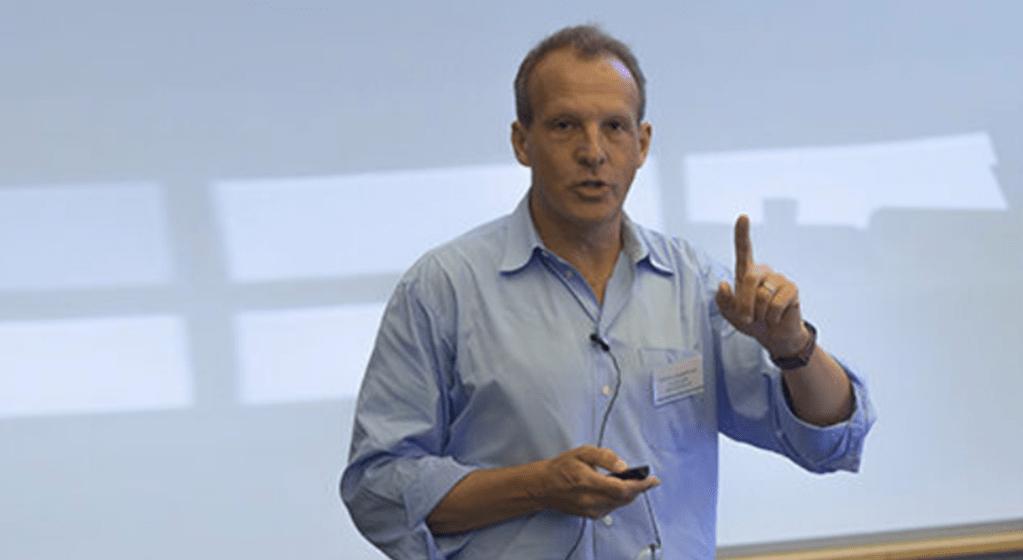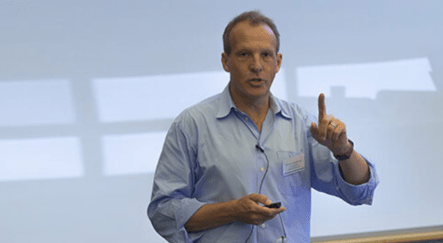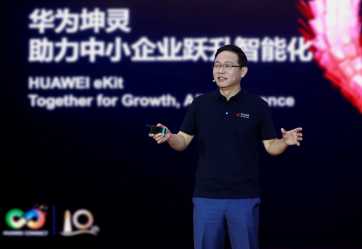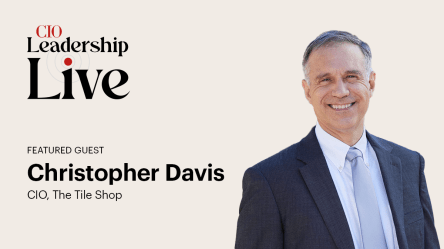AI is reshaping work, and CIOs need to get smart about using it responsibly to build trust, boost strategy, and partner with machines.

With over 25 years leading AI-driven innovation across sectors, Simon Greenman has helped enterprises adopt artificial intelligence responsibly and at scale.
As co-founder of MapQuest and an advisor to global companies and investment firms, he works directly with tech leadership teams on AI strategy, governance and implementation.
In this exclusive interview with the Champions Speakers Agency, Greenman shares how CIOs can address the risks of AI, adapt leadership strategies and prepare their organisations for a future where human–AI collaboration is integral to business success.
Q: How do you define AI and generative AI?
Simon Greenman: “AI is about replicating human intelligence — perceiving, reasoning, learning and problem-solving. There are different types: narrow AI focuses on specific tasks, like reviewing CVs in HR or analysing MRI scans in healthcare, while artificial general intelligence aims to match human cognitive abilities across the board.
“Generative AI has shifted the focus from predictions to content creation — text, images, video, music and knowledge outputs that were once uniquely human. This leap captured the public imagination when OpenAI launched ChatGPT in late 2022.
“Generative AI can now be applied across functions and industries, from marketing to financial services, healthcare to education. It’s an enabling technology that will be woven into countless applications.”
Q: What lessons from scaling MapQuest can leaders apply when deploying AI at enterprise scale?
Simon Greenman: “When we launched in 1996, MapQuest brought online mapping and driving directions to the public at a time when there were only about 40 million internet users worldwide.
“Demand was overwhelming — we crashed on day one because we didn’t have the bandwidth or computing power to serve all the requests. We had to move operations to Denver for better infrastructure.
“Back then, it was the frontier days of the internet. Recruiting people who understood it was a challenge in itself. But it proved the power of solving universal problems with digital tools — a lesson that still applies to AI today.”
Q: What are the key risks and best practices for responsible AI?
Simon Greenman: “Like any technology, AI can be used for good or bad. Risks fall into three main areas:
- Integrity and trust — Generative AI can produce convincing but incorrect information. Models can also reflect and amplify human bias.
- Legal and regulatory compliance — This includes copyright issues, safety in applications like autonomous vehicles and sector-specific rules.
- Socioeconomic impacts — The carbon footprint of large AI models and potential job displacement.
“Governments have responded. The EU AI Act, passed in 2024, sets a framework for managing risk, and countries like the UK, US and China are also moving forward with regulation. Leading tech companies are adopting voluntary principles and embedding them into policies and engineering practices — from transparency to fairness testing.
“For CIOs, building digital trust is critical. Don’t wait for regulators — proactively adopt safe AI principles and show stakeholders that you’re committed to ethical, explainable AI.”
Q: How will AI change the way we work?
Simon Greenman: “AI will be integrated into daily tasks across every function — marketing, tech, finance and more. Studies suggest that a majority of jobs will see at least part of their workload impacted by generative AI.
“Its strength is producing first drafts — of reports, proposals, research summaries — which humans can then refine. This co-pilot model makes work more engaging and helps people focus on higher-value, creative and strategic activities.
“Generative AI is now embedded in the tools we already use, from Microsoft 365 to Google Workspace and Salesforce. It’s no longer about if AI will affect your role, but how you’ll use it to your advantage.”
Q: What should CIOs take away from your public speeches on AI?
Simon Greenman: “My goal is to demystify AI and cut through the hype and fear. CIOs should understand what’s real, what’s possible and how to implement AI safely and effectively.
“AI can be a powerful force for good — improving efficiency, enhancing services and tackling societal challenges in areas like healthcare and education.
“For the UK in particular, I see a huge opportunity to lead in AI innovation. But success will depend on adopting AI with the right governance, culture and strategic vision.”
This article is published as part of the Foundry Expert Contributor Network.
Want to join?










